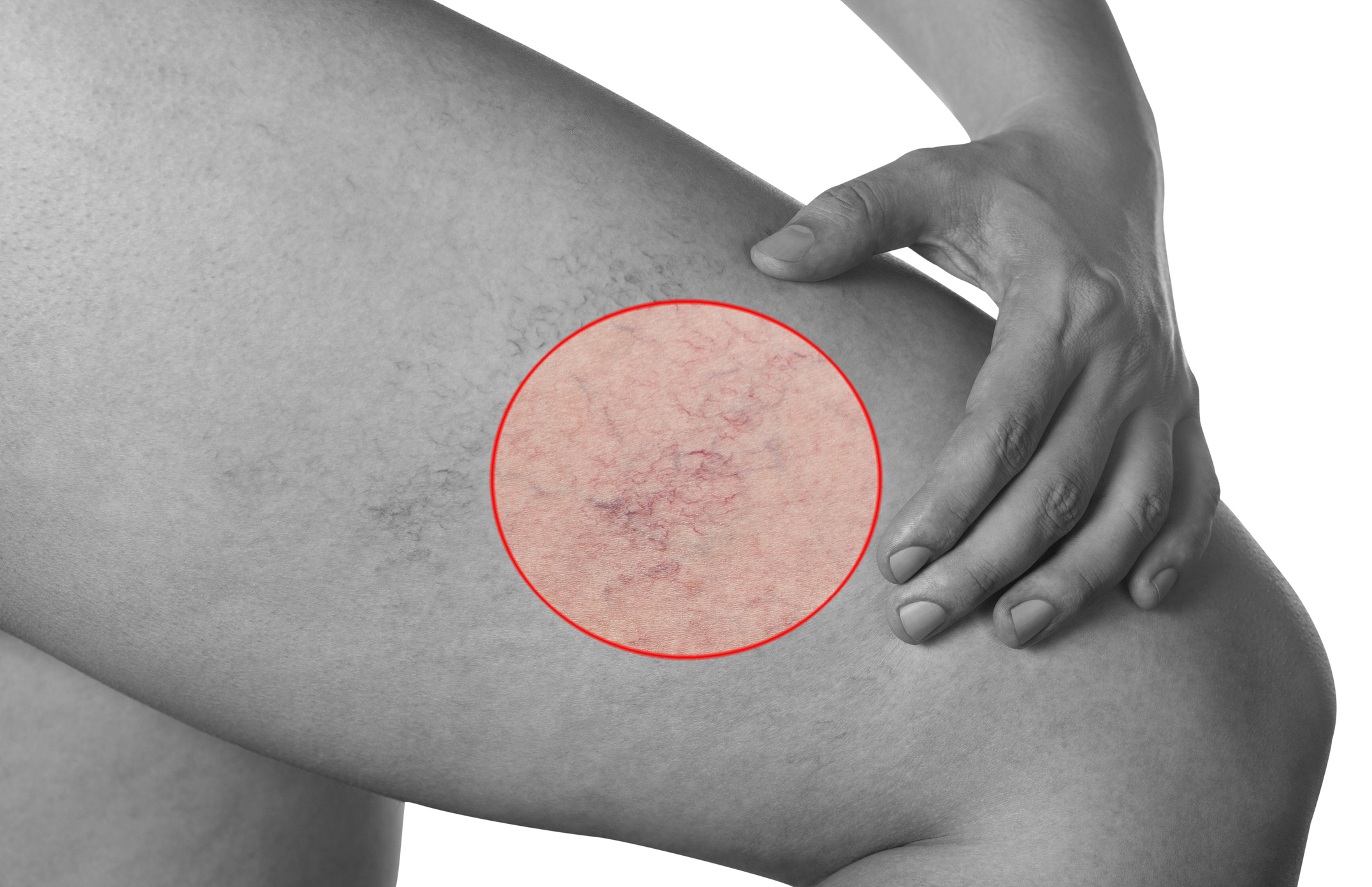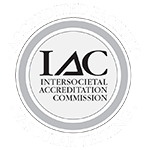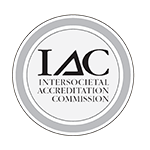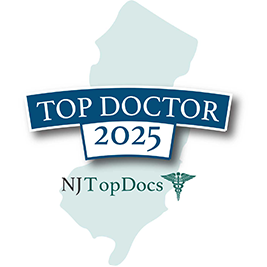
As improvements in medical technology have evolved over the years, so have the ways of classifying venous diseases. In fact, up to 1993, doctors did not have a way to uniformly diagnose and compare chronic venous disorders.
Knowing how to determine the severity of your vein issues is obviously important for you and your doctor, but it also provides a standard way to talk about veins for insurance purposes and is required in all documentation submitted to insurance providers.
CEAP
The American Venous Forum proposed a universal classification system in 1994 and in 2004 the CEAP Classification of Chronic Venous Disorders was finalized as a standard. The Forum periodically reviews the classifications and issues updates when appropriate.
Previously, doctors would describe symptoms as mild, moderate or severe without much precision. Now, they had classification that even you can use to determine the level of chronic venous disorders.
CEAP is an acronym which stands for:
C = Clinical Condition - What do the veins look like
E = Etiology - Is the problem inherited or not
A = Anatomic Location - Which veins are involved
P = Pathophysiology - Which direction is the blood flowing and is it obstructed
The 7 Levels of CEAP Classification
While you can evaluate your varicose veins with a quick scan of your legs, this system can help you determine the severity of the problem and when to seek treatment. This chart shows the C (Clinical) portion of the CEAP classification and is the most widely used.
|
CEAP CLINICAL SCORE |
DESCRIPTION |
COSMETIC or MEDICAL |
|
C0 |
No visible or palpable varicose veins |
No varicose veins |
|
C1 |
Telangiectasia (spider and reticular veins) |
Cosmetic |
|
C2 |
Varicose Veins with and without symptoms |
Cosmetic/Medical |
|
C3 |
Swollen ankles (Edema) |
Medical |
|
C4 |
Skin damage |
Medical |
|
C5 |
Healed venous leg ulcers |
Medical |
|
C6 |
Lower extremity ulcers that do not heal |
Medical |
As you can see, while some varicose veins are considered cosmetic issues, others are more serious and are indicators of a venous disease that requires medical attention.
Venous Clinical Severity Score
In addition to the CEAP classification, the Venous Clinical Severity Score (VCSS) serves as a complement to CEAP. This system uses 10 clinical attributes which are scored from 0 to 3, enabling the doctor to accurately assess therapy treatments. The following are the attributes:
- Pain
- 0 – No pain
- 1 – Occasional pain
- 2 – Daily pain or discomfort that interferes but does not prevent daily activities
- 3 – Daily pain
- Varicose veins (smaller than 3 mm to qualify in standing position)
-
- 0 – None
- 1 – Few
- 2 – Multiple
- 3 – Extensive
- Venous edema
- 0 – None
- 1 – Evening only
- 2 – Afternoon
- 3 – Morning
- Skin pigmentation
- 0 – None
- 1 – Limited to perimalleolar area
- 2 – Diffuse over lower third of calf
- 3 – Wider distribution above lower third of calf
- Inflammation
- 0 – None
- 1 – Mild cellulitis
- 2 – Moderate cellulitis
- 3 – Severe cellulitis
- Induration
- 0 – None
- 1 – Focal < 5cm
- Less than lower third of leg
- Entire lower third of leg or more
- Active ulcer number (0 = None, 1 = 1, 2 = 2, 3 = 3 or more)
- Active ulcer duration
- 1 – Less than three months
- 2 – Between three months and one year
- 3 – Greater than one year
- Active ulcer size
- 1 – < 2 cm in diameter
- 2 – 2 to 6 cm in diameter
- 3 - > 6 cm in diameter
- Use of compression therapy
- 0 – Not used
- 1 – Intermittent use of stockings
- 2 – Wears stockings most days
- 3 – Always wears stockings (full compliance)
As these classifications have been revisited over time, the ability to accurately understand and describe the severity of venous disease has proved significantly helpful in identifying and determining the most appropriate treatment course.
If you find yourself in any of these categories above, consider scheduling an appointment with one of our board-certified vascular physicians today!








